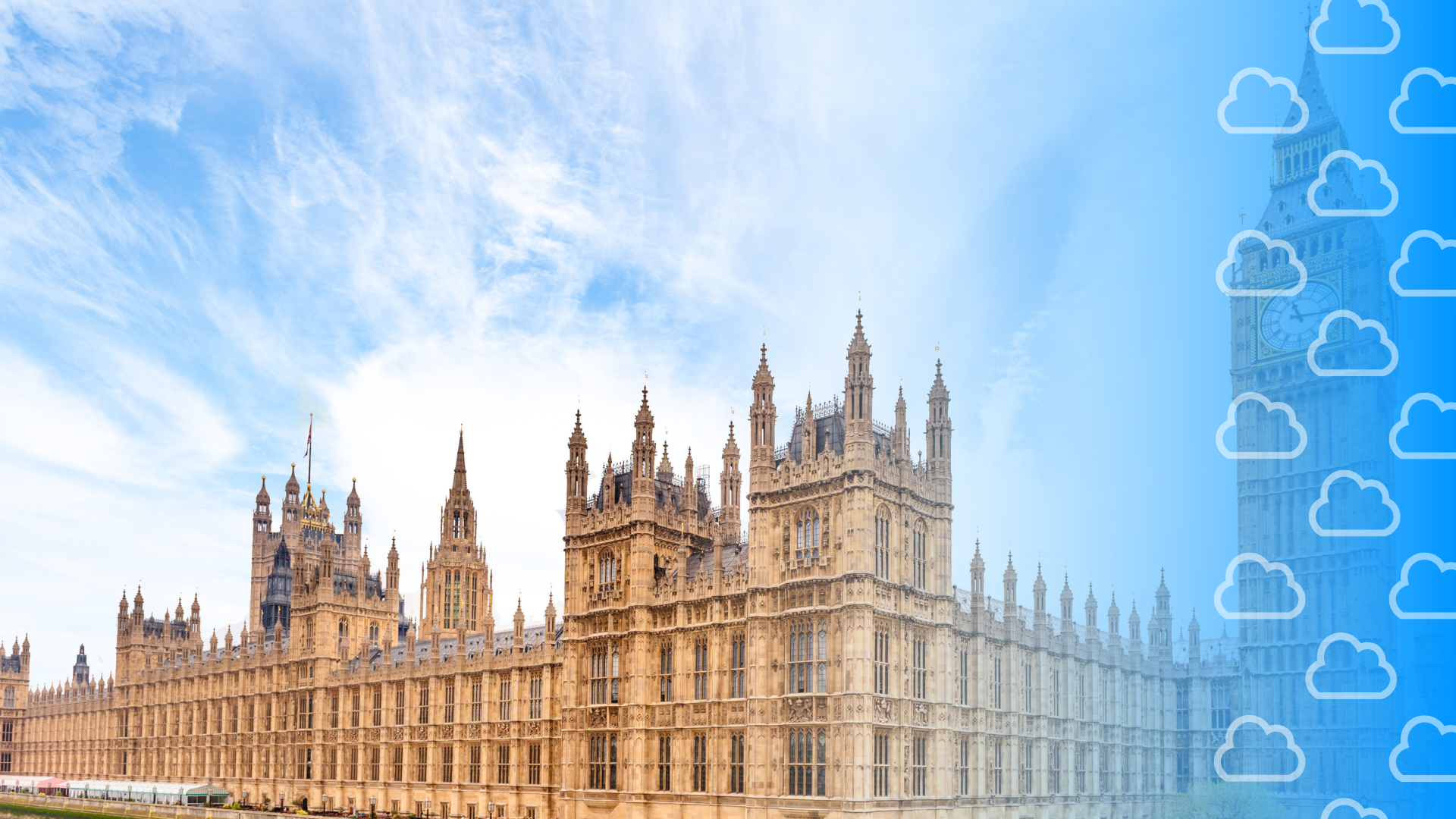Subscribe to our mailing list
Keep up-to-date with the latest news.


Keep up-to-date with the latest news.
As of April 6, 2025, several significant tax and regulatory changes will come into effect in the United Kingdom, impacting sole traders and business owners. Understanding these changes is crucial for effective financial planning and compliance. Below is a comprehensive overview of the key modifications:
Employers will face an increase in the NIC rate from 13.8% to 15%. Additionally, the secondary threshold—the earnings level at which employers begin paying NICs—will decrease from £9,100 to £5,000 per annum. This adjustment means that businesses will incur higher NIC liabilities, affecting payroll expenses and overall operational costs.
To mitigate the impact of increased NICs on smaller businesses, the Employment Allowance will rise from £5,000 to £10,500 annually. Furthermore, the previous restriction limiting this allowance to employers with a prior year secondary NIC liability of £100,000 or less will be removed, making more businesses eligible for this relief.
Effective April 1, 2025, the following wage adjustments will apply:
Employers must adjust their payroll systems accordingly to comply with these new wage rates. At CloudAccountant.co.uk we offer comprehensive payroll services to ensure your business remains compliant and your employees are paid accurately and on time. Let us manage the complexities of payroll, so you can focus on growing your business.
From April 6, 2025, statutory payments will increase as follows:
Employers should update their payroll systems to reflect these changes and ensure compliance with statutory obligations.
The Retail, Hospitality, and Leisure Business Rates Relief scheme in England will be reduced from 75% to 40%, with a cash cap of £110,000 per business. Similar adjustments will occur in Wales and Scotland, where the relief will continue at 40% with the same cap. Businesses in these sectors should prepare for increased rates liabilities.
The preferential tax treatment for FHLs will be abolished. Income and gains from such properties will be treated in line with other property income and gains. This change affects various tax aspects, including finance cost restrictions and capital allowances.
Starting April 1, 2025, electric, zero, or low-emission vehicles will no longer be exempt from VED. New zero-emission cars registered from this date will pay £10 in the first year and the standard rate from the second year onward. Existing zero-emission cars registered between March 2017 and March 2025 will pay the standard rate upon renewal.
From April 6, 2025, double cab pick-up trucks with a payload of at least one metric tonne will be classified as cars rather than vans for benefit-in-kind (BIK) and capital allowance purposes. This reclassification may lead to increased tax liabilities for businesses utilizing these vehicles.
The capital gains tax rate applicable under BADR will increase from 10% to 14%, with a further rise to 18% planned for April 2026. This affects individuals disposing of all or part of their business, emphasizing the need for strategic planning regarding asset sales.
Penalties for late filing of self-assessment tax and VAT returns will rise, with rates increasing from 2-4% to 3-10%, depending on the delay duration. This change underscores the importance of timely tax compliance to avoid additional financial penalties. At CloudAccountant.co.uk, we understand the complexities of tax obligations and are here to help. Our expert team offers comprehensive Self-Assessment services, ensuring your tax returns are accurate and submitted on time, helping you avoid costly penalties.
Replacing the Apprenticeship Levy, the Growth and Skills Levy aims to provide businesses with greater flexibility in workforce training. Key features include expanded training eligibility, simplified access for small businesses, and support for high-demand industries. The full implementation timeline is still being finalised.
Under the Neonatal Care (Leave and Pay) Act 2023, from April 6, 2025, parents of babies admitted to neonatal care for at least seven continuous days within the first 28 days of life will be entitled to up to 12 weeks of paid leave. Businesses should update HR policies and payroll systems to accommodate this new entitlement.
From April 6, 2025, UK student loan repayment thresholds will rise: Plan 1 (£26,065), Plan 2 (£28,470), and Plan 4 (£32,745). Postgraduate loan thresholds remain at £21,000. Repayments stay at 9% (Plans 1, 2, 4) or 6% (postgraduate) on income above thresholds. Borrowers should plan accordingly and consult official resources.
As your online accounting partner, we always ensure we are up-to-date with ever-changing regulations and we are keen to uncover business growth opportunities for our clients wherever appropriate. If you’d like to know more about how we can help, you can speak to one of our team by completing the form on our website, emailing: team@cloudaccountant.co.uk or giving us a call on 01625 546 232.